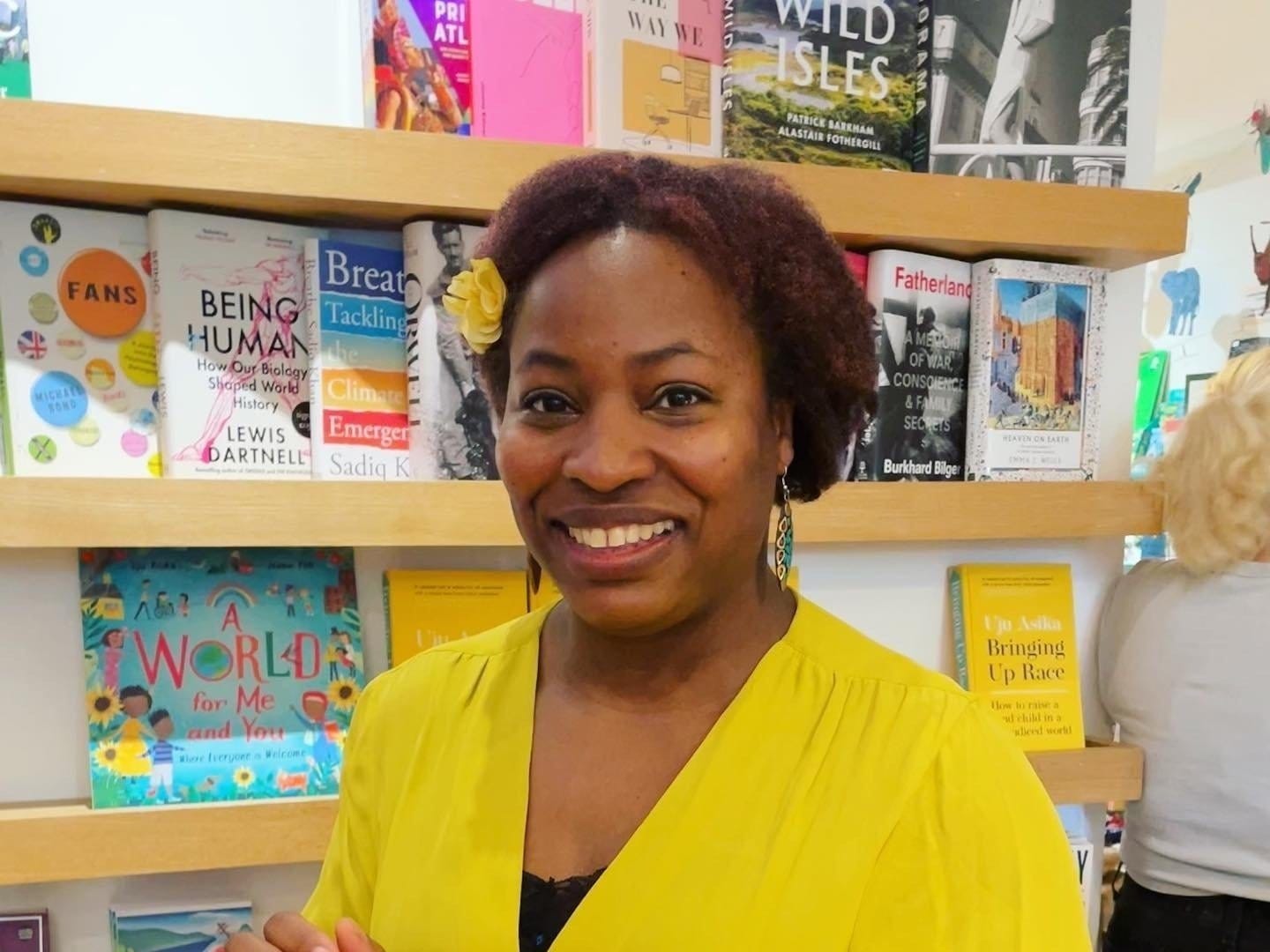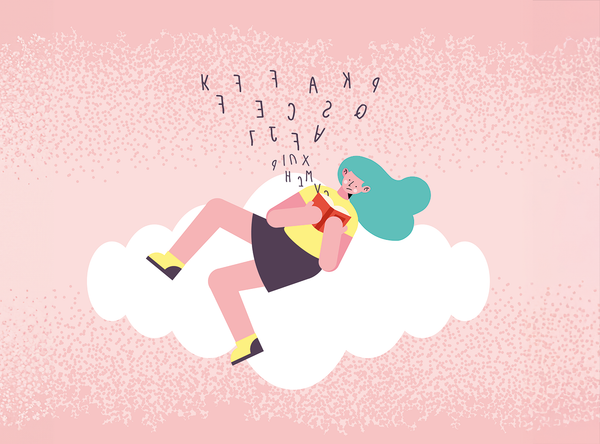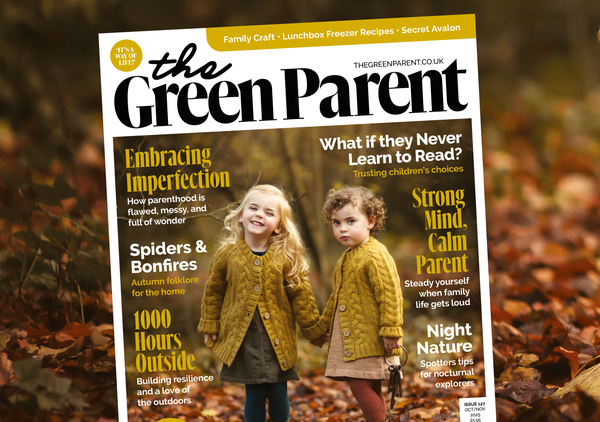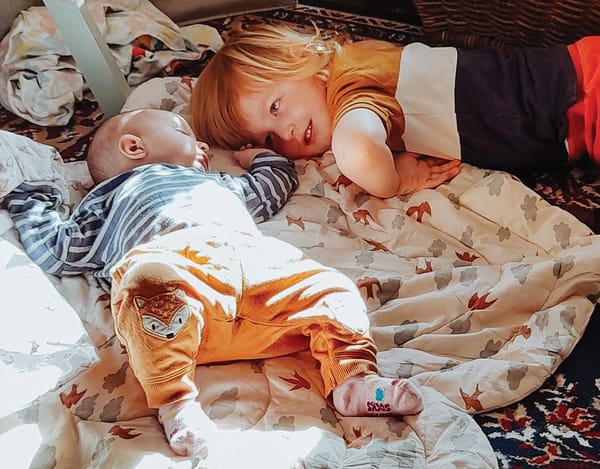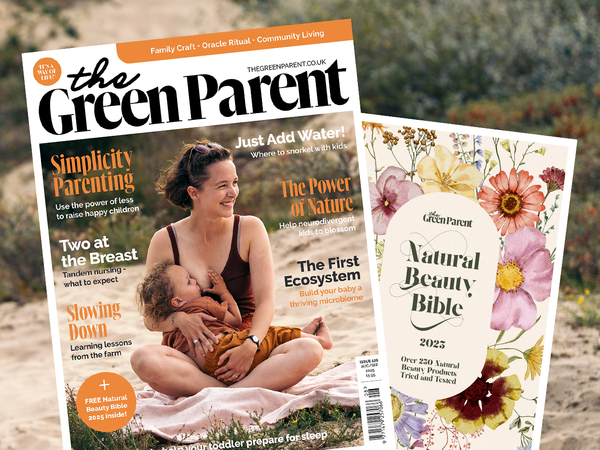Writer, blogger and speaker Uju Asika’s bestselling book Bringing up Race: How to Raise a Kind Child in a Prejudiced World shone an unflinching, but compassionate light on parenting in contemporary society
Her new book, Raising Boys Who Do Better shifts the focus to navigating the world of bringing up boys. Uju is a mum to two teenage sons and a stepson in his 20s. She lives in London, and she’s a sunny, insightful force for good
“I grew up in Nigeria in a house surrounded by books, and have always loved writing. I came to the UK as a child, studied English literature and graduated thinking I was going to be a professional poet, then spent some time in the States studying journalism at graduate school, spent some time in Lagos, then moved back when I was pregnant. I’ve always written about culture, creativity, ideas and identity.
I started my blog, Babes About Town after moving back here, had few friends and wanted to know what I could do with my baby. Without my knowing, one of my relatives sent out a query to agents, asking if they were interested in a book about raising black boys in Britain, and they wanted to see the proposal! And that’s how Bringing Up Race came about.
It was 2021, Sarah Everard had been murdered and there were a lot of conversations around that. There was so much anger and frustration and a kind of cultural dissonance between men and women – even in conversations that I’d have with my husband, when he spoke about not really understanding how a woman might feel walking alone at night. – I knew I needed to write about it.
Changing Culture Begins at Home
For me, we always have to start at home, start small, with our children. If we want to change the culture of the next generation, we have to be able to start having better conversations with our kids about personal boundaries, safety and consent.
On one level, now is an incredible time to be raising kids. There are so many conversations we’re having around what it means to be loved and to be a human. But it’s also a very confusing time, for boys in particular. They haven’t really been supported in the way that girls have. Of championing their identity, empowering them to feel like they can go into the world and be anything. It might feel as if men rule the world and can do anything, but traditional masculinity is quite restrictive.
Paul Kivel originated the term ‘The Man Box’ which explains how traditional masculinity restricts men with a certain set of codes and rules about what it means to be male.
So in the Man Box you are brave and stoic, self reliant, strong, powerful, charismatic, super-attractive to women based on a commanding presence and muscular physique. All quite superficial and limiting. There’s no space for softness, tenderness or emotions. No space for an inner world. It’s all about how men present themselves with a sort of steel, but it’s almost like a cage.
My boys played a lot of football, and, if, say, they cried on the pitch, you’d hear that phrase, “Man up” on sports pitches, said by coaches. It’s damaging on so many levels to the individual. Paul Kivel draws the box, then writes all the negative labels that boys might be called if they don’t conform; ‘feminine’ or ‘weak’ and uses that as a conversation starter.
Listening to our Kids
I was writing the book before I’d even heard of Andrew Tate. I read an article and almost wrote about the conversation I had with my sons in real time. But he’s just the tip of what they call ‘the manosphere’. I think we just need to stay listening to our kids, and not launch into lecture mode. Acknowledge what they’re drawn to about Andrew Tate and people like him. That if you’re slightly confused about what it means to be a man and some guy shows up in a really confident way and makes misogyny seem empowering then that is attractive. All our kids are looking for validation and affirmation.
I’ve always been interested in culture, and given my boys an immersive, cultural upbringing. We watch TV and films together, stay connected, use those stories to talk about topics in a more neutral, not too inflammatory way. My boys make fun of me, because I’ll pause a show and say, “It’s a teachable moment!” Pop culture is a really useful way for people to be able to engage across generations.
There’s a quote in my book, ‘If raising boys is a challenge, then raising Black boys is an extreme sport.’ Even talking about raising boys, is loaded, let alone Black boys. They come with a whole set of ideas, expectations and biases. There’s the fear that comes around a young Black boy, backed up by the media, the fear of other. The constant narrative around Blackness and race, comparing Blackness to criminality.
I spoke to someone the other day who told me how, in a nursery setting, a teacher had referred to three young Black boys as ‘a gang ’. And you have to unpack that. Did she mean it stereotypically? Or did she just not think about what it might mean. It’s a constant reinforcement of negative stereotypes when it comes to Black boys.
I’ve written in my book about things like hip hop, which my boys and I both love. I’ll defend it to the death, but at the same time there has to be some accountability around some of its narratives; how to treat women, how to be masculine, how to talk about yourself and protect yourself. It frames how boys see the world, what success means. It’s a big one.
The Privilege Walk
When I was researching my book, I heard about a social experiment called The Privilege Walk. You get a diverse bunch of people and they hold hands or stand in a line. They’re asked a series of questions that explore various privileges and age, gender, racial and socio-economic differences and either step forward or back.
For example, “If your parents worked nights or weekends to support your family, take one step back.” As one commenter on an online video said, “To see them slowly let go of each other’s hands is heartbreaking.” It’s a powerful statement about connection and opportunities. Sometimes when you talk about privilege, people get hyper-defensive or angry, but it’s really just about having some accountability and to think about using your power in a positive way.
I did grapple with using my boys as examples in my book. But they are proud of me. After my book launch, when I’d read a passage that mentioned them, my eldest, Ezra, gave me a big hug and told me he was proud of me. But usually, they’re like, ‘Congratulations mum. What’s for dinner?’”
MORE INSPIRATION
FIND Uju at babesabouttown.com
READ Raising Boys Who Do Better: A Hopeful Guide For A New Generation is out on DK now.

